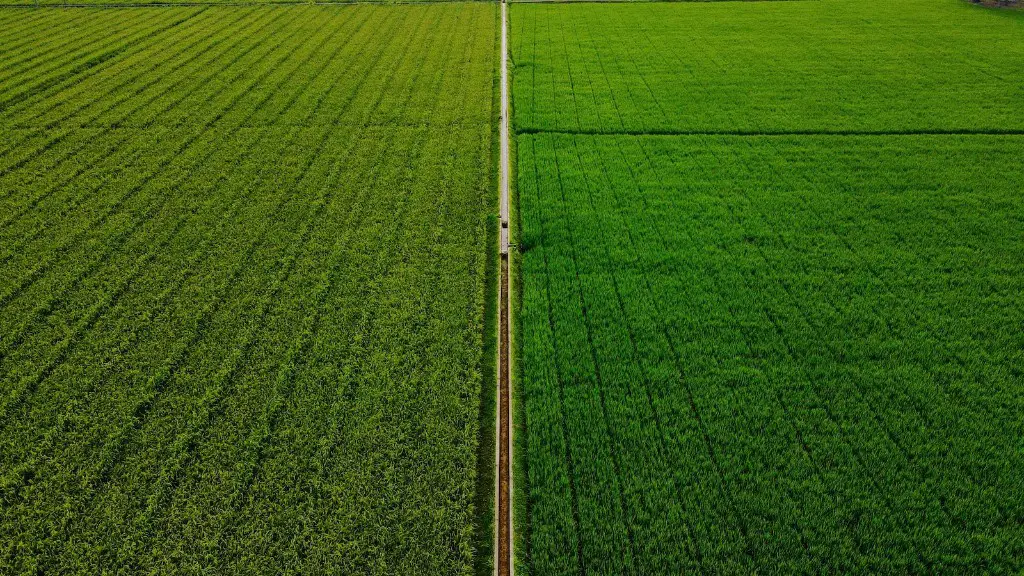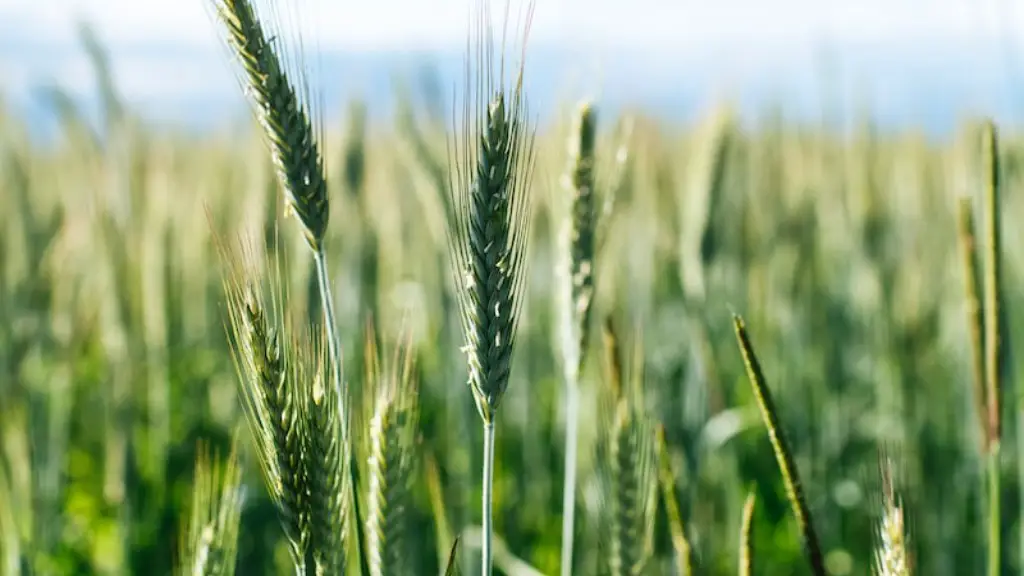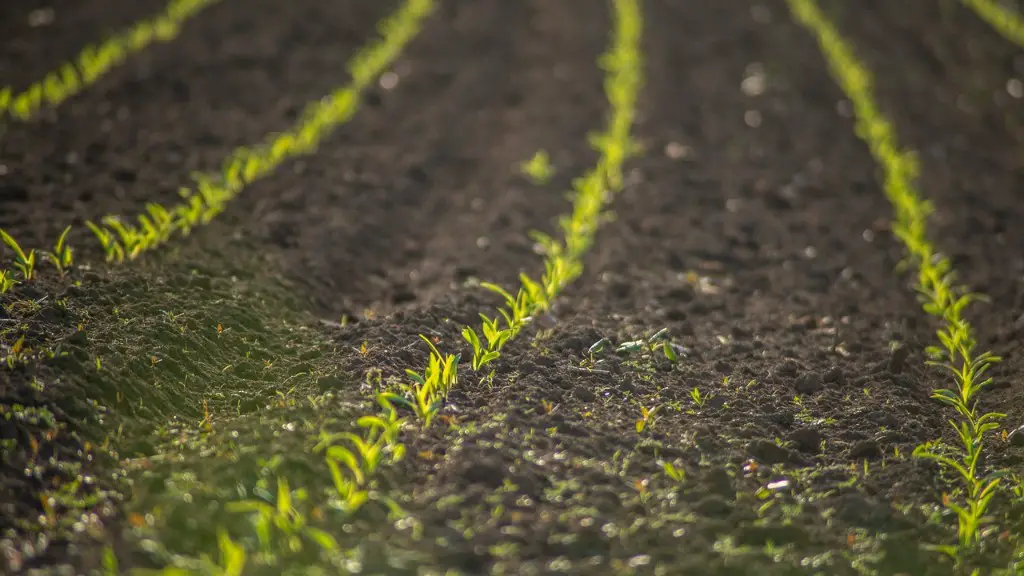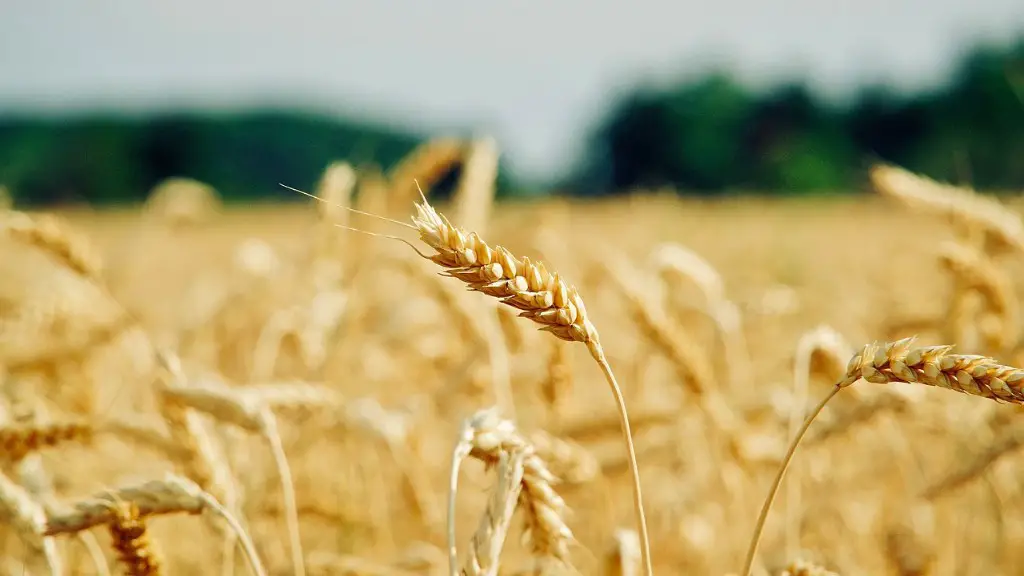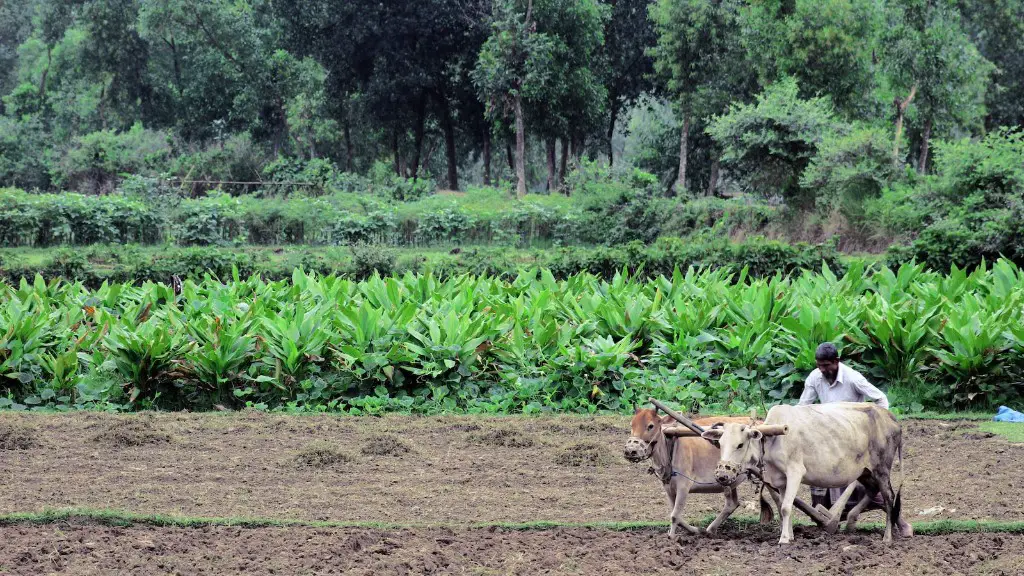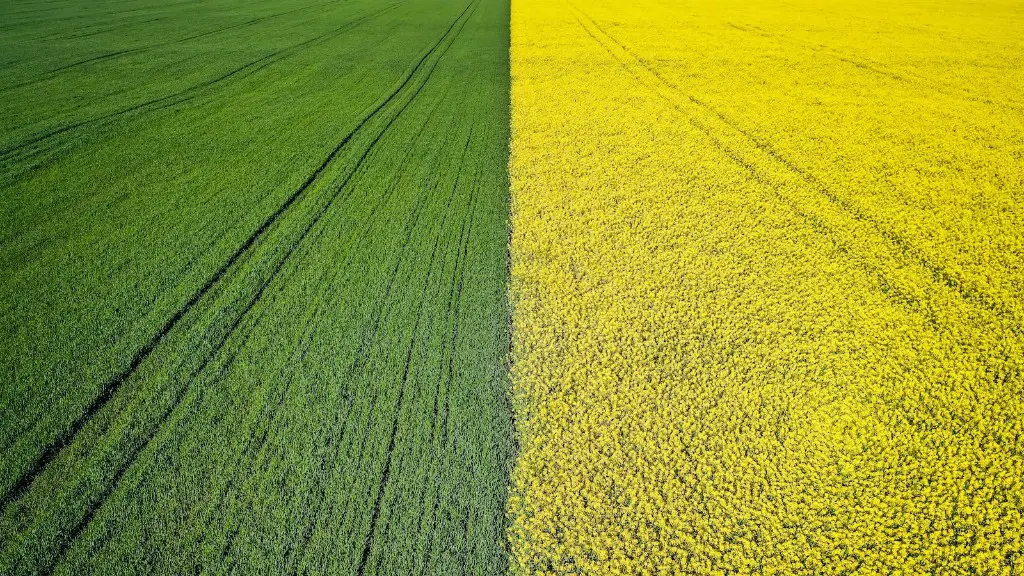There is a longstanding debate over whether agriculture is something that was discovered or invented. On the one hand, there are those who believe that it was something that was discovered, in that people simply realized that they could domesticate plants and animals and use them for food. On the other hand, there are those who believe that agriculture was something that was invented, in that people came up with the idea of deliberately planting crops and raising animals for food. There is no definitive answer to this question, and it is likely that the truth lies somewhere in between.
It’s a little bit of both. Agriculture was first discovered by our ancestors as they began to domesticate plants and animals. But over time, people have perfected the art of agriculture through invention and innovation.
Is agriculture an invention?
Farming is one of the most important inventions in human history. It allowed humans to grow all the food they needed in one place, with a much smaller group of people. This led to massive population growth, creating cities and trade. Today, farming is an essential part of the global food system, and it plays a vital role in the economy and in our way of life.
The development of agricultural communities allowed humans to transition from a nomadic hunter-gatherer lifestyle to a more settled way of life. This allowed for the development of larger communities and the establishment of families. Agriculture allowed for the domestication of plants and animals, which provided a reliable source of food and other resources. This led to a more stable and prosperous way of life for those who were able to take advantage of it.
Was agriculture invented all over the world
Farming was “invented” independently in multiple regions around the world, and was not simply a result of a sudden agricultural revolution in the Fertile Crescent at the end of the last ice age. This new understanding of the history of agriculture has important implications for our understanding of the development of human societies.
The Fertile Crescent is one of the most important regions in the world for the study of agriculture. It is thought that agriculture first began in this region, and it has been home to some of the most important innovations in the field. The Fertile Crescent is a great place to learn about the history and future of agriculture.
Was the invention of agriculture a mistake?
There is no one answer to the question of what was the worst mistake in human history. However, many experts agree that the rise of farming was a crucial turning point that had far-reaching and negative consequences.
Before the rise of farming, humans were hunter-gatherers who lived in small, nomadic groups. They had a good understanding of their local environment and knew how to sustainably harvest its resources.
However, when farming was introduced, everything changed. People were forced to settle down in one place and cultivate the land. This led to a host of problems, including soil depletion, crop failures, and increased competition for resources.
As a result of these problems, people were often forced to choose between limiting population or trying to increase food production. Unfortunately, they often chose the latter, which led to starvation, warfare, and tyranny.
So, while the rise of farming was a crucial stage in human history, it was also a time when we made a major mistake that continues to haunt us to this day.
The Egyptians were one of the first groups of people to practice agriculture on a large scale. They started in the pre-dynastic period from the end of the Paleolithic era and into the Neolithic era. This was possible due to the development of basin irrigation which allowed them to cultivate crops in a more efficient way.
When was the agriculture discovered?
Agriculture has been around for at least 10,000 years and has seen a lot of development since then. It first developed independently in different parts of the world such as northern and southern China, Africa’s Sahel, New Guinea and several regions in the Americas. Over time, different cultures developed their own methods of agriculture, which led to a more diversified and advanced form of agriculture.
The most likely explanation for the switch from hunting and foraging to settled agriculture is that the climate became more favorable for plant growth after the last ice age. This allowed for the development of polished stone tools, which made it possible to cultivate the land more effectively. Other theories about the transition to agriculture include the need for additional food sources due to population growth or the development of trade networks that made it possible to import food from other regions.
Did a woman invent agriculture
The new study provides evidence that women were a key force in the development of agriculture in Central Europe. The findings suggest that women played a significant role in the early stages of agriculture, and that their involvement was critical to the success of the agricultural transition. The study provides an important contribution to our understanding of the origins of agriculture, and has implications for our understanding of the role of women in the history of human civilization.
The Sumerians were the first to invent agriculture on a large scale, starting around 5,500 BCE. They practiced intensive cultivation of land, mono-cropping, and organized irrigation, using a specialized labor force. This made them the first civilization to rely heavily on agriculture, and allowed them to thrive for many centuries.
What was the first crop grown by humans?
There is evidence that wheat and barley were some of the first crops cultivated by early humans. These grains were likely domesticated in the Fertile Crescent region of the Middle East, where they were first cultivated. Wheat and barley are both cereal grains that are members of the grass family. They are high in carbohydrates and are a good source of energy. Both grains are used in a variety of foods, including bread, pasta, and beer.
Agricultural origins refer to the places and circumstances that gave rise to cultivated plants and tamed animals. These genotypic and phenotypic changes resulted in domesticated species that are different from their wild counterparts. Domestication is a process of specializing a species for human use, while cultivation is the actual process of growing and harvesting plants.
What if humans never discovered agriculture
The Agricultural Revolution allowed for the domestication of plants and animals, which in turn led to the development of civilizations. If this never happened, humans would still be living in the Paleolithic era, as they would have no other means of food production. The neolithic era introduced new technologies and ways of living, which were essential in the development of human society.
There are increasing pressures on farmers from climate change, soil erosion and biodiversity loss. Consumers’ tastes in food are changing and they are concerned about how it is produced. The natural world that farming works with – plants, pests and diseases – continue to pose their own challenges. Farmers need to be adaptable and innovative to meet these challenges and continue to provide food for the world.
Is agriculture the greatest human advancement ever?
The development of agriculture was a turning point in human history, and it came with a price. Twelve thousand years ago, everyone lived as hunters and gatherers. But by 5,000 years ago, most people lived as farmers. The change from hunting and gathering to farming brought about many consequences, some of which were good and some of which were bad. On the positive side, agriculture allowed for the development of civilizations and the growth of cities. It also provided a steadier food supply and allowed for the domestication of plants and animals. However, agriculture also brought about some negative consequences. For example, it led to deforestation, as people cleared land to plant crops. It also resulted in soil erosion and depletion of resources. Overall, the development of agriculture was a mixed bag. It had some benefits, but it also came with some drawbacks.
The new study shows that the first farmers actually represented a mixture of Ice Age hunter-gatherer groups, spread from the Near East all the way to south-eastern Europe. This means that the origins of agriculture are much more complex than previously thought. The study provides important new insights into the history of human migration and the development of agriculture.
How did humans first discover farming
Farming began c 10,000 BC on land that became known as the FERTILE CRESCENT. Hunter-gatherers, who had traveled to the area in search of food, began to harvest (gather) wild grains they found growing there. They scattered spare grains on the ground to grow more food.
Lentils have had a long and storied history, playing an important role in the development of many modern societies. For over 13,000 years, lentils have been a staple food, providing a nutritious and filling meal. Today, we continue to enjoy lentils in many different dishes, from hearty stews and soups to light salads. Ancient peoples relied on lentils as a major source of protein and nutrients, and lentils played a vital role in the establishment of many civilizations. Thanks to their versatility and nutritional value, lentils will no doubt continue to be an important part of the human diet for years to come.
Final Words
It’s a bit of both. Agriculture was certainly discovered in that people observed plants and animals around them and learned how to use them for food. But it was also invented in that people learn how to cultivate plants and breed animals to create new food sources.
There are many different perspectives on this topic. Some people believe that agriculture was discovered, while others believe it was invented. However, there is no right or wrong answer. It is up to each individual to decide what they believe.
